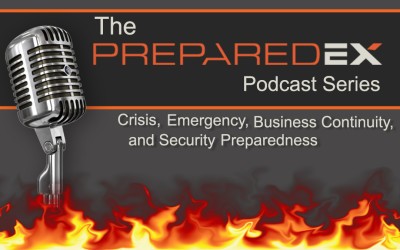If you are a sports fan or at least watch an occasional game, you’ll understand what I mean when I say that different sports franchises have very unique fan bases that they cater to. Whether you’re watching a Big 10 conference college football game or a Dodgers-Padres series from Major League Baseball, every fan base contributes a unique atmosphere to each game-day experience.
The reality is, without their fan bases, sports franchises would not exist. Loyal and die-hard fans will stick by their team through the highs and lows of exhilarating victories and crushing defeats. One question remains to be answered though, how does a fan base react when their team does something that they don’t agree with and how does the franchise respond to their fanbase’s frustration?
My analysis is going to take you overseas to Europe where 12 of the biggest football clubs in European football dealt with somewhat of a crisis. Various clubs from the English Premier League, Spanish La Liga, and the Italian Serie A attempted to form a break away competition called the European Super League to try and take attention away from the UEFA Champions League. Many fans and commentators saw this as an attempt by rich clubs to simply make more money and take attention away from the Champions League, which is regarded as the highest level of competition in European football. The main issue fans had with the proposed Super League is that it would effectively end the principle of qualification every season, which the Champions League was built on. Every season, the Champions League has rearranged groups of clubs based on whoever qualified for that season. The Super League wanted to keep the same teams every season in a very exclusive manner that kills competition for league spots.
Reaction from the various club’s fan bases was nearly unanimous in condemnation of the idea mainly because the league would attempt to limit competition for qualification, promotion, and relegation, which are all key elements of European football. It only took a matter of two days for plans to completely change course once fans reacted.
One club after another, each team that was supposedly involved as a “founding member” of the European Super League pulled out of the proposition due to negative backlash from their fan base and the sports world as a whole. Most of the clubs issued some kind of apology statement to their fans to try and fix any ill-will that was being harbored.
These European clubs realized that their proposed business expansion did not please their fans and decided to respond accordingly by pulling out of the proposed Super League. This story goes to show just how important public relations are in the sports world because one wrong decision can leave a long-lasting wound amongst supporters. Most of these clubs were able to backtrack their decision to join the breakaway league, but some fans may still have a bitter taste in their mouth.
